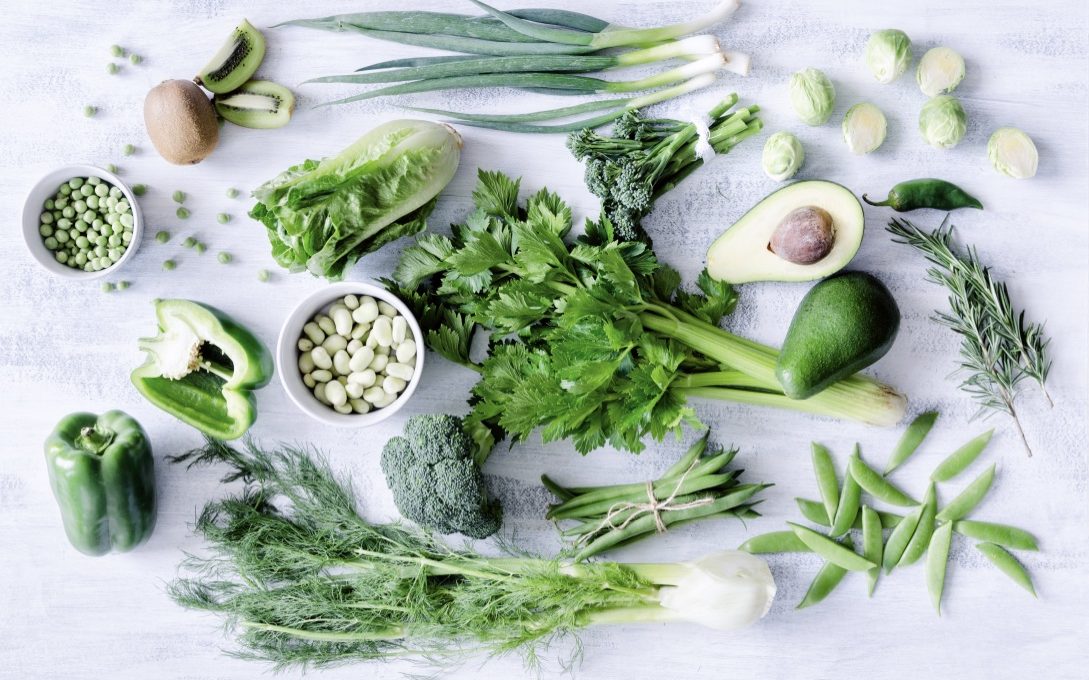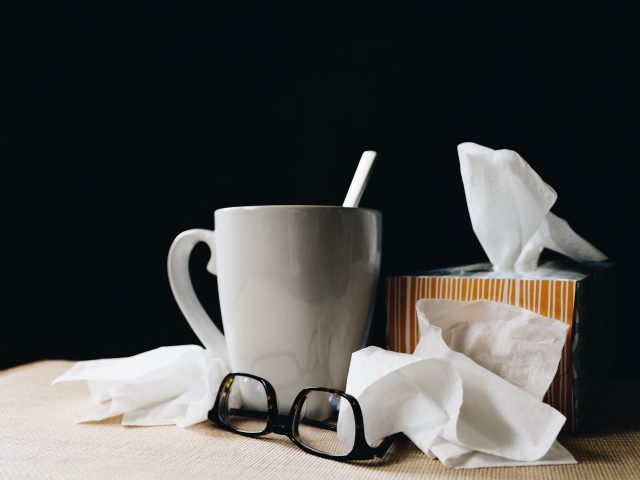Plant based diet. As a naturopath, i always encourage my clients to eat more vegetables. It seems as though everywhere you turn, more and more people are opting for plant-based foods, finally plants are on trend!!
You may have heard the term plant-based, but are confused about what it means?
A plant-based way of eating focuses on consuming mainly plant-derived foods that are unrefined and unprocessed, organically grown fruits and vegetables, gluten free whole grains, nuts and seeds.
How do I get protein?
Protein intake is often the major concern for individuals considering a plant-based diet. Protein needs vary from person to person depending on age, health status, and amount of physical activity. Following a plant-based diet doesn’t necessarily mean fully avoiding animal products like a vegan or vegetarian. Followers eat mostly plants, but animal products aren’t completely off limits, they still eat small amounts of eggs, poultry, seafood or red meat.
Nuts, seeds, hemp, quinoa, spirulina and nutritional yeast are all plant-based sources of protein that are also packed with vitamins, minerals, and fibre.
Iron deficiencies
Symptoms can include – fatigue, weakness, pale skin, shortness of breath, dizziness, cold hands and feet, inflammation of the tongue. Adding a modest serving of unprocessed, grass fed, organic, animal protein with foods that are high in vitamin C can enhance your ability to absorb iron. It is best to avoid drinking tea and coffee around meal time as the polyphenols found in coffee and tea can inhibit iron absorption. Plant based foods rich in iron include leafy greens, legumes, blackstrap molasses, nuts and seeds, however this iron is not well absorbed.
Vitamin B12
B12 is an essential nutrient, crucial to the normal function of the brain and the nervous system, formation of red blood cells and helps to create and regulate DNA. Vitamin B12 is a bacteria, when animals consume food containing this bacteria, they become a source of B12 that they pass along to humans who eat animal products. Small traces of vitamin B12 can also be found in plant foods via contamination with soil. While I always recommend a food first approach, unfortunately, supplementation is the most evidence based approach in achieving adequate vitamin B12 in a plant based diets. Other conditions can also affect our bodies ability to absorb vitamin B12 such as long-term use of antacids, H. pylori infection, pernicious anaemia, low stomach acid, gastric bypass surgery, crohn’s disease, celiac disease, bacterial growth, or parasites.
Never self diagnose a nutrient deficiency, always seek advise from your health care provider and get your iron and vitamin B12 levels checked regularly. I encourage everyone should have a routine blood check to ensure you are not deficient in any nutrient.
Plant-based diets benefits
Plant-based diets are low in saturated fat, cholesterol, and rich in fiber, vitamins, minerals and antioxidants. Research reveals that following a plant based lifestyle may lower your risks of:
- Heart disease
- Hypertension (high blood pressure)
- Diabetes
- Obesity
- Digestive disorders
If your goal is to be more plant-based come 2019, here are some simple tips on how to eat a more plant-based diet.
- Change the way you think about meat, serve less meat and more of plant based ingredients.
- Make sure you include plenty of colours when choosing your vegetables. Limiting high carb vegetables 1-2 per week.
- Include good fats in your diet such as olive oil, nuts and nut butters, seeds, hemp oil, and avocados.
- Instead of dairy milk try a nut milks such as almond, hemp, macadamia, coconut.
- If your budget doesn’t allow you to buy all organic fruit and veg, check out the Environmental working group list of the dirty dozen and clean 15.
- Don’t forget about adding sea vegetables to your diet such as kelp, nori, dulse, wakame. They are all rich in a wide variety of minerals, including iodine, calcium, copper, magnesium, and iron.
- Include bitter foods in each meal. Bitter food activates the taste buds that stimulate enzyme production and bile flow, which promotes digestion. The better your food is digested, the more nutrients you’ll absorb from your food.
Note – People with autoimmune disorders may need to eliminate nightshades as they can be inflammatory. In some people, foods high in FODMAP’s can cause reactions. Remember any significant dietary changes should be overseen by a health care professional.
For more information on “Plant based diet” or to book a naturopathic consultation contact B inspired healthy lifestyle
Reference:
Nutritional Update for Physicians: Plant-Based Diets. Retrieved from URL: https://www.ncbi.nlm.nih.gov/pmc/articles/PMC3662288/
11 plant based protein foods for weight loss and fighting disease. Retrieved from URL: https://draxe.com/plant-based-protein-foods/
Vitamin B12 deficiency. Retrieved from URL: https://www.health.harvard.edu/blog/vitamin-b12-deficiency-can-be-sneaky-harmful-201301105780
Do coffee and caffeine inhibit iron absorption. Retrieved from URL: https://www.healthline.com/nutrition/coffee-caffeine-iron-absorption
Iron rich plant foods. Retrieved from URL: https://www.healthline.com/nutrition/iron-rich-plant-foods
Copyright. 2018. B inspired healthy lifestyle. Any illegal reproduction of this content will result in legal action.
1



